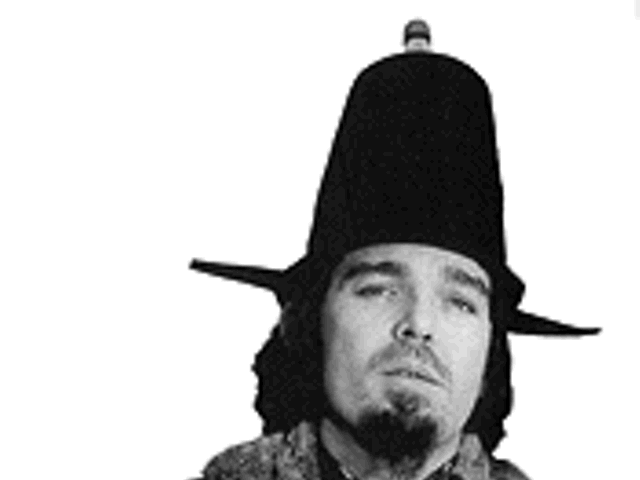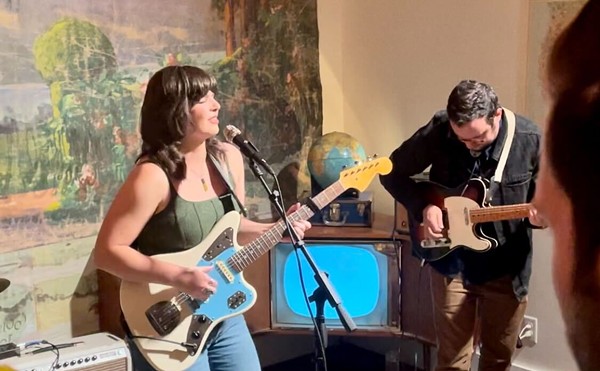"Hip-hop has a rich history," says Needles (known to his mom as James Gates), who's been spinning from 7-10 p.m. Saturdays on The Beat for the past few months. "You don't have to be afraid to try to go back and learn about the culture. (Old-school hip-hop) is a common denominator between the underground heads and the older listeners who listen to Puffy or Juvenile. That was kind of my ploy — to bring in some of those listeners with my old-school selection and expose them to the underground along with that."
The idea of a commercial-radio DJ spinning his personal tastes on a Saturday night might seem to be a thing of the past on a landscape dominated by consultants and playlists. But, says Needles, during his three-hour slot, "I have to have total say in what I can play." He's taking advantage of the slot by spinning adventuresome and classic hip-hop cuts for an audience used to hearing one commercial style. His goal, says Needles, is "to expose (independent and classic hip-hop) artists to the younger kids that are coming up. I want them to see that there are other aspects of rap and hip-hop besides just what's being promoted." That means a variety of tracks with substance, not just what the rap industry is feeding to the playlists. This is a revolutionary feat in itself, because commercial radio does not allow much leeway in the deejay's selection.
Why did the Beat take a chance on this flip side of hip-hop? Program director Daysha Parker says she thought a fresh face with a different sound would bring more attention to the new station, as well as tap the core of underground hip-hop heads in St. Louis who weren't getting the attention they deserved from commercial radio. Needles stopped her in the Loop one day, she says, having heard about her new station, and gave her a mix tape. She liked his style, which landed him a spot on Saturday night.
"I'm not expecting a drastic change to happen quickly," says Needles, then adds that he is making some converts: "I hear callers appreciating what I'm doing who aren't that hip to the underground." His addiction to original quality hip-hop on vinyl allows the listener to peek at what's going on underground, to hear things from another perspective. Classics that make older heads and connoisseurs say, "Oh, shit!" out of pleasant, nostalgic surprise and unheard-of 12-inchers that open ears and minds grace the airwaves during his allotted three hours. Using a minimal amount of scratching, he matches track on top of track, anywhere from Rasco to Marley Marl to Reflection Eternal to Dana Dane. Radio veteran Stacey Static is his host; she runs down the list of artists and titles so that you can pick up that record, the one you suddenly wish you had.
The Basement is an absolutely fresh addition to the St. Louis radio landscape. Highly recommended.





